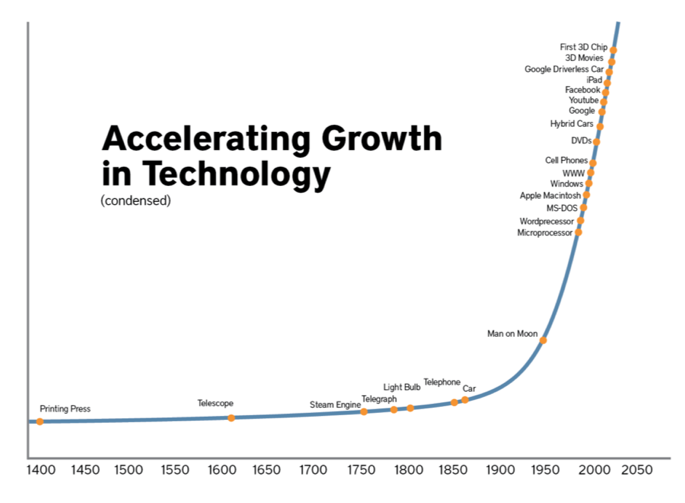I can think of only two ways that we don't reach AGI eventually.
-
General intelligence is substrate dependent, meaning that it's inherently tied to biological wetware and cannot be replicated in silicon.
-
We destroy ourselves before we get there.
Other than that, we'll keep incrementally improving our technology and we'll get there eventually. Might take us 5 years or 200 but it's coming.
